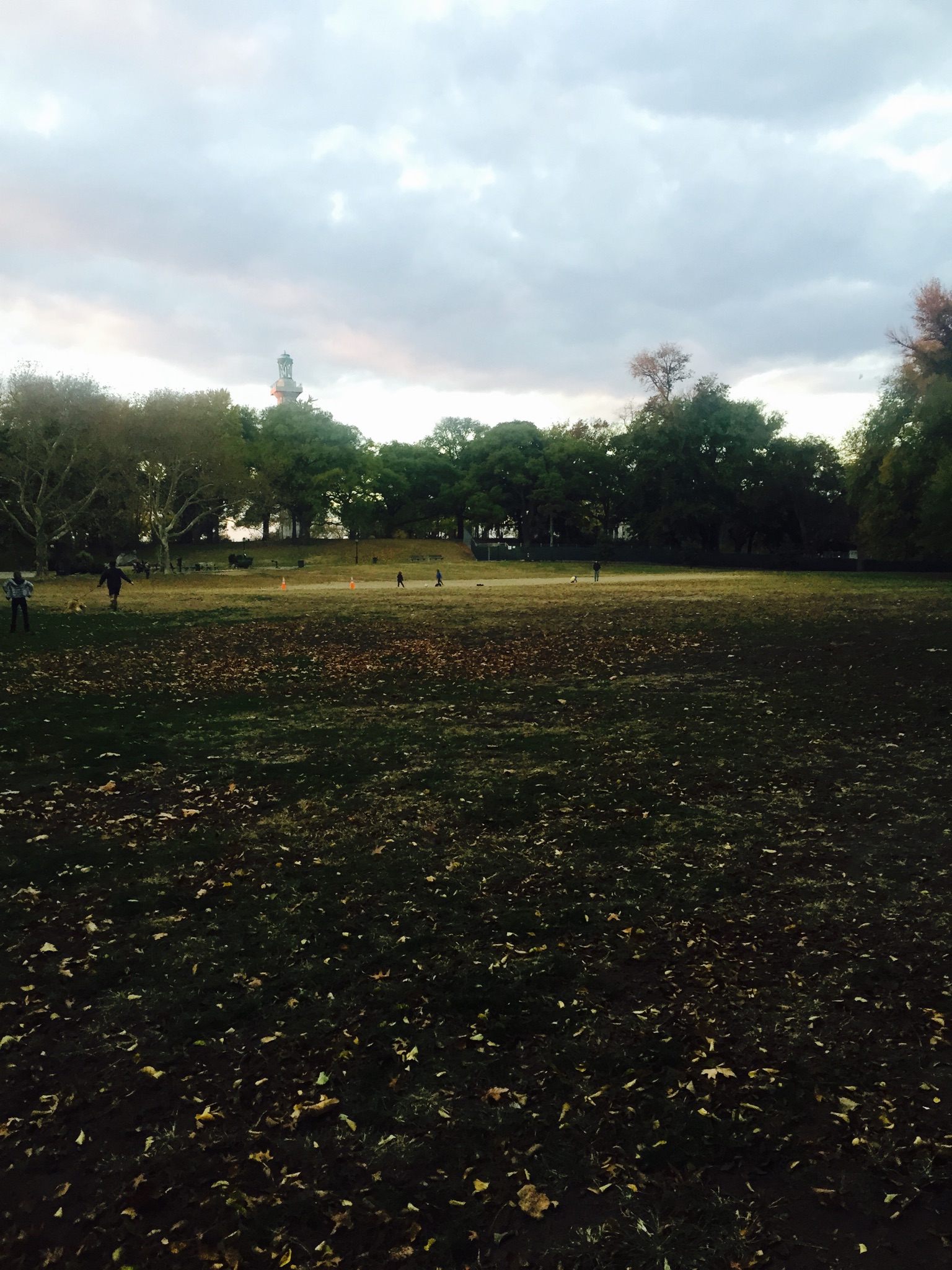
Writing True
Looking from the Peggy Guggenheim Collection, Venice
Sooner or later, every writer feels the need to talk about her writing. It is in the bones. I have many shelves of writing books and one thing I have learned from them is that they can’t tell me how to write. Yes, we can learn excellent grammar, great plotting skills and clever metaphors, but in the end, writing comes from both the subconscious (the Jungian side of the brain) and the conscious (the thinking vibrant mind that is daily renewed by our observations, reading and engagement with others). The writer’s mind must sometimes engage itself with darkness as well as light, the despair in us as well as the joy. Sometimes you need to peer deep between the cracks to see where motion and light dance upward.
Waiting is part of the writer’s game. When I am anxious about finishing a piece, I take the time to wait and let it simmer. When I first wrote “The Legacy of Exile” it was near the beginning of the large exodus of Syrian refugees to Germany. The faces were imprinted in my heart and mind and I wanted to write immediately about what I saw and felt. But everyone was writing about this and I felt that the story was still unfolding and there was more to it than I could yet understand. I put it on the back burner to simmer. Out of this came new experiences that led me to a very different story that included the exodus following the partition of India. I have several other pieces that are still waiting. The time is not right or perhaps I have not let them simmer long enough to be ready to serve.
I approach my writing every day not knowing what I will write or how it will sound. Some days it feels more like musical scales. I used to play a bassoon and if I didn’t play it every day I would quickly lose the ability to play. Voice is the same. It takes practice and good breathing to improve. Writing has the same qualities –phrasing, tone, tempo, projection and, yes, breath. Many writers talk about the need to get up early or stay up late to write. The longer the work the more important this seems to be. For my birthday I was given a copy of “Mrs. Dalloway,” annotated by Anne E. Fernald for The Cambridge Edition of the Works of Virginia Woolf. I have read only a small amount of this, but it is brilliant. It took Professor Fernald 11 years to research and complete her annotations. Of course a short blog is a shorter commitment of time, but it still requires a daily commitment to writing and a willingness to hang on to a theme until its shape reveals itself.
In, ‘How Should One Read a Book?’ Virginia Woolf writes: “The only advice, indeed, that one person can give another about reading is to take no advice, to follow your own instincts, to use your own reason, to come to your own conclusions.” Woolf, the great master builder, of both the modern novel and works of non fiction has given us insight for the writer as well. Be true to who you are, use your own reason and come to your own conclusions, that is, have the last word. Perhaps I am writing for hours rather than ages, but for now that is my wish.

V. Sackville-West’s Writing Desk in Sissinghurst House







One Comment
Linda Mason
So simple and so true, thank you Linda